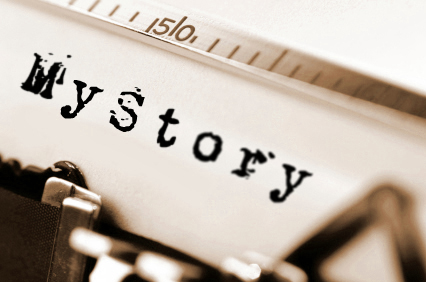Narrative Justice & and the (draft) Charter of Story-Telling Rights
Over the last few years, we have become increasingly interested in refusing to separate ‘healing and justice’. This has been particularly influenced by the perspectives of Palestinian narrative practitioners, such as Khader Rasras, and the work of counsellors and assistant lawyers in Rwanda.
As the counsellors of Ibuka in Rwanda state: ‘We never separate healing from justice. These go hand-in-hand. We see in our work how justice is a form of healing and how healing is a form of justice.’
Here at Dulwich Centre, we are now involved in exploring the question ‘what is narrative justice’? When people have had many of their human rights violated and then turn to counsellors, psychologists and/or therapists for assistance, it is vitally important to consider their ‘rights’ in how their lives are spoken about. Because the difficulties people are experiencing are the result of trauma, injustice and human rights violations, narrative therapy responses to trauma take very seriously people’s ‘storytelling rights’. Narrative therapy defends people’s rights to name their own experiences, to define their own problems, and to honour how their skills, abilities, relationships, history and culture can contribute to reclaiming their lives from the effects of trauma. At the 10th International Narrative Therapy and Community Work Conference in Brazil, we launched a ‘(Draft) Charter of storytelling rights’. Already a number of individuals and organisations have indicated their wish to endorse this charter. The Charter has been written by David Denborough on behalf of Dulwich Centre Foundation. For more explanation see David discussing the Charter on a free on-line video at Friday Afternoons at Dulwich.
This Charter will always remain a draft as it may well need to be adapted for different cultural contexts.
Article 1 – Everyone has the right to define their experiences and problems in their own words and terms.
Article 2 – Everyone has the right for their life to be understood in the context of what they have been through and in the context of their relationships with others.
Article 3 – Everyone has the right to invite others who are important to them to be involved in the process of reclaiming their life from the effects of trauma.
Article 4 – Everyone has the right to be free from having problems caused by trauma and injustice located inside them, internally, as if there is some deficit in them. The person is not the problem, the problem is the problem.
Article 5 – Everyone has the right for their responses to trauma to be acknowledged. No one is a passive recipient of trauma. People always respond. People always protest injustice.
Article 6 – Everyone has the right to have their skills and knowledges of survival respected, honoured and acknowledged.
Article 7 – Everyone has the right to know and experience that what they have learnt through hardship can make a contribution to others in similar situations.
We welcome your feedback on this (draft) Charter. If you are interested in circulating it, discussing it in your workplace, endorsing it or suggesting additions or changes, please write to us.

